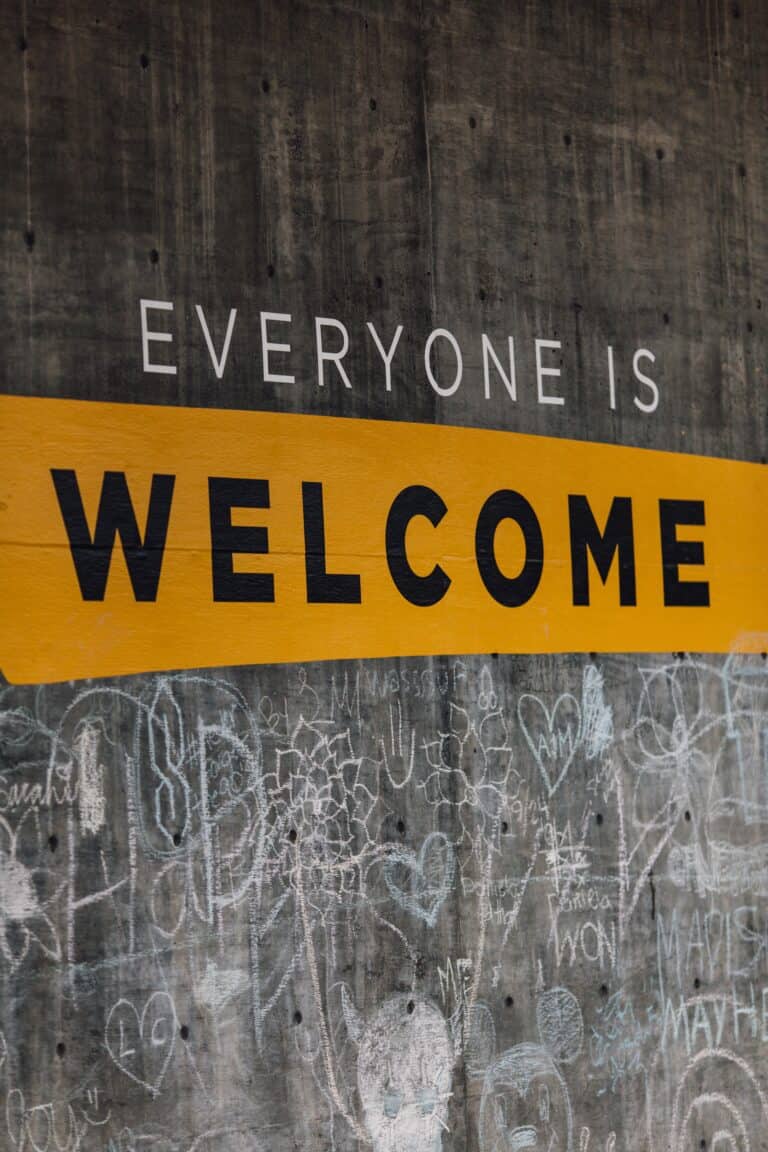If it is believed that God, the creator of everything, also created the mind. It is illogical for reason and faith to contradict each other.

Given this perspective, the apparent conflicts between faith and reason are more about human understanding’s limitations than an intrinsic opposition.
Thus, when faced with dilemmas or seeming contradictions between faith and reason, it becomes essential to explore these issues more deeply rather than accepting them at face value.
This exploration not only broadens our understanding but also enhances our ability to reconcile differences between spiritual beliefs and empirical knowledge.
In doing so, we open ourselves up to a more holistic view of the universe, one that encompasses both the seen and the unseen, the measurable and the immeasurable.
Furthermore, this pursuit of reconciliation between faith and reason calls for a mindset that values questions as much as answers.
It requires an intellectual humility to acknowledge what we do not know and a curiosity to seek understanding beyond the superficial.Adopting such a mindset not only enriches our spiritual quest but also advances our scientific inquiry.
By recognizing that both faith and reason seek truth — albeit through different paths — we can appreciate the unique contributions each makes to a fuller comprehension of our existence and the universe around us.
This approach encourages a dialogue that builds bridges rather than walls, promoting a culture of respect and mutual learning.
This synthesis of faith and reason has profound implications for how we approach education, particularly in areas where they seem to clash, such as in the realms of science and religion.
Educators have the opportunity to model how to hold these two ways of knowing in tandem, encouraging students to critically evaluate evidence and doctrines, and to understand that questioning and doubt can be integral parts of faith.
Similarly, scientists and theologians alike can benefit from this duality by allowing their work to be informed and enriched by the insights of the other’s discipline.
This cross-pollination of ideas not only leads to a deeper appreciation of the complexity and mystery of the world but also fosters a more inclusive and compassionate society where diverse perspectives are valued and explored.
At the heart of integrating faith and reason is the belief that both dimensions can coexist without diminishing the value of the other.
To facilitate this integration, it is essential to cultivate environments, especially in educational settings, where open discussions and critical thinking are encouraged.
These environments should not only respect but also celebrate the diversity of thought, recognizing that such variety can lead to richer, more nuanced understandings of complex issues.
By fostering a culture that neither fears contradiction nor retreats into dogmatism, we lay the foundation for future generations to approach the world’s challenges with both the wisdom of faith and the clarity of rational thought.
This balance empowers them to make thoughtful decisions that consider the ethical implications and practical consequences, ultimately contributing to the betterment of society as a whole.
Achieving this balance between faith and reason requires a collaborative effort among educators, religious leaders, and scholars from various disciplines.
It involves designing curriculums and discussions that do not shy away from the big questions at the intersection of science and spirituality.
Such dialogues should not only address how the world works but also why it exists and what our place is within it.
Encouraging this kind of interdisciplinary inquiry can dismantle barriers between faith-based and secular communities, promoting a deeper mutual respect and understanding.
In essence, by weaving together the threads of faith and reason, we not only enrich our individual and collective understanding but also create a tapestry of knowledge that reflects the full spectrum of human experience.







